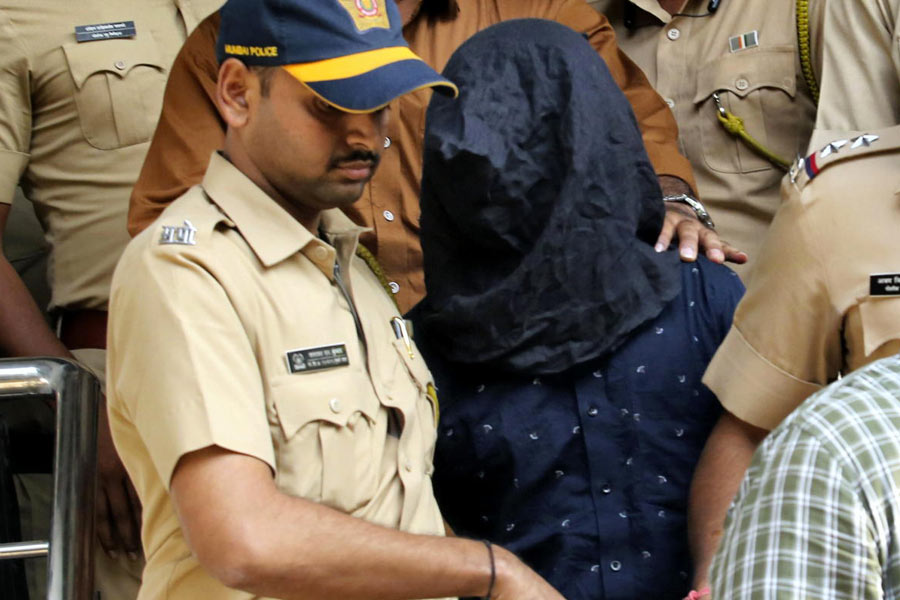The Supreme Court has deplored the increasing cases of false criminal cases being filed by estranged women in matrimonial disputes against the spouse and his family members, saying courts must exercise caution in such cases to prevent misuse of legal provisions and harassment of innocent people.
“Making vague and generalised allegations during matrimonial conflicts, if not scrutinised, will lead to the misuse of legal processes and encouragement for use of arm-twisting tactics by a wife and/or her family.
“Sometimes, recourse is taken to invoke Section 498A of the IPC against the husband and his family to seek compliance with the unreasonable demands of a wife,” a bench of Justice B.V. Nagarathna and Justice N. Kotiswar Singh said in a recent judgment.
The court passed the ruling while quashing the criminal cases registered against the husband, parents and his siblings by the estranged wife who had filed criminal cases relating to dowry harassment and Section 498A of the IPC (harassment of wife by husband and other family members).
The bench passed the ruling while allowing an appeal filed by the husband and his family against a Telangana High Court judgment which refused to quash the criminal cases against the appellants.
“The inclusion of Section 498A of the IPC by way of an amendment was intended to curb cruelty inflicted on a woman by her husband and his family, ensuring swift intervention by the state. However, in recent years, as there has been a notable rise in matrimonial disputes across the country, accompanied by growing discord and tension within the institution of marriage, consequently, there has been a growing tendency to misuse provisions like Section 498A of the IPC as a tool for unleashing personal vendetta against the husband and his family by a wife,” Justice Nagarathna said.
The bench said that in the present case, the husband’s family had no connection with the couple’s matrimonial dispute as they were staying in different cities/towns, “…and have been dragged into the web of crime without any rhyme or reason”.
“A mere reference to the names of family members in a criminal case arising out of a matrimonial dispute without specific allegations indicating their active involvement should be nipped in the bud. It is a well-recognised fact, borne out of judicial experience, that there is often a tendency to implicate all the members of the husband’s family when domestic disputes arise out of a matrimonial discord.
“Such generalised and sweeping accusations unsupported by concrete evidence or particularised allegations cannot form the basis for criminal prosecution. Courts must exercise caution in such cases to prevent misuse of legal provisions and the legal process and avoid unnecessary harassment of innocent family members,” Justice Nagarathna said.











